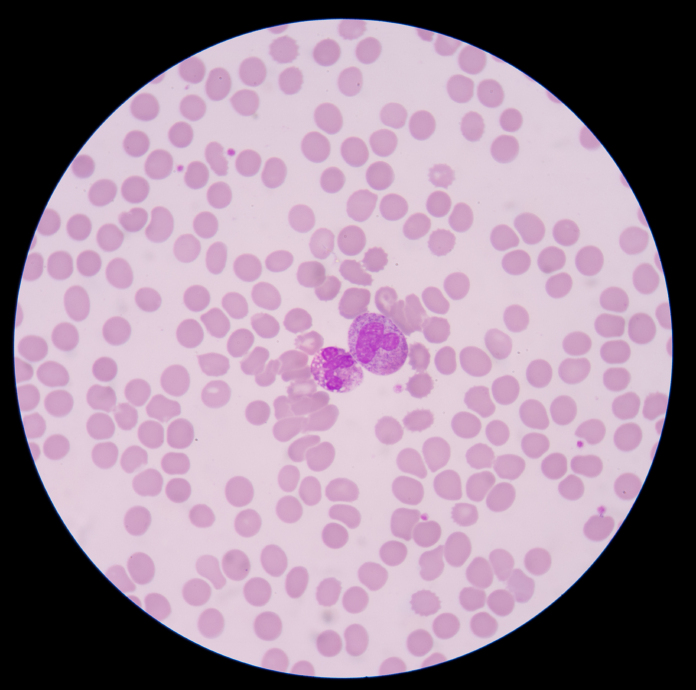Overview of Sepsis



Description
This session is aimed at all out of hospital clinicians, GPs, Nurses, Pharmacists, Paramedics, Community Midwives and those providing urgent or unscheduled care. It will provide an introduction to key facts about sepsis and outline the size of the problem, common community presentations and key actions that influence outcomes.
Learning Objectives
By the end of this session you will be able to:
- Describe the differences between infection, sepsis and septic shock
- Recognise the scale and impact of sepsis within the UK
- Recall the frequency of community and hospital derived sepsis
- Identify key features that should alert the clinician to the possibility of sepsis in a patient with infection
- List potential strategies that can influence sepsis admissions and deaths
- Describe the urgency of treatment to influence mortality particularly within the septic shock sub-group
Sepsis is a potentially life-threatening condition triggered by infection.
Current estimates suggest that as many as 123 000 cases occur in England each year with approximately 37 000 deaths annually. Only 30% of those cases develop whilst the patient is in hospital, the rest are patients admitted from the community.

Simon Stockley, Mb CHB, FRCGP, FIMC RCS Ed, DUMC, is a GP at Eaglescliffe Medical Practice in the North-east of England.
He is the RCGP Clinical Champion for Sepsis, and represents the RCGP on the NHS England Cross-systems Sepsis Prevention Programme Board and the Academy of Royal Colleges Sepsis Group.
A GP for 30 years, he has prepared multiple sepsis teaching and support aids for clinicians working in general practice.
Simon is a board member of the Faculty of Pre-Hospital Care (RCS Edin) and an examiner for the Diploma in Urgent medical care.

- Anaesthesia Fundamentals | Anatomy | Mediastinum a...
- Posted By eIntegrity Healthcare e-Learning
- Posted Date: 2025-02-22
- Location:Online
- This session describes the contents, relations and anatomical divisions of the mediastinum.
- Anaesthesia Fundamentals | Anatomy | Microstructur...
- Posted By eIntegrity Healthcare e-Learning
- Posted Date: 2025-02-22
- Location:Online
- This session will cover the structure of the lungs and pleura at a cellular level. In particular there will be an emphasis on the structure and function relationships which allow gas exchange to occur.
- Anaesthesia Fundamentals | Anatomy | Trachea, Main...
- Posted By eIntegrity Healthcare e-Learning
- Posted Date: 2025-02-22
- Location:Online
- This session describes the structure, relations, blood and nerve supply of the trachea, carina, main bronchi and major bronchopulmonary segments.
- Anaesthesia Fundamentals | Anatomy | Anatomy of th...
- Posted By eIntegrity Healthcare e-Learning
- Posted Date: 2025-02-22
- Location:Online
- This session describes the anatomy of the oral cavity, pharynx and larynx. The nerve supply to the larynx and the implications of damage to these nerves is also described.
- Anaesthesia Fundamentals | Anatomy | Nasal Anatomy...
- Posted By eIntegrity Healthcare e-Learning
- Posted Date: 2025-02-22
- Location:Online
- This session focuses on the anatomy of the nose. It will also explore complications of nasal instrumentation, the functions of the nose, and its vascular and nerve supply.







